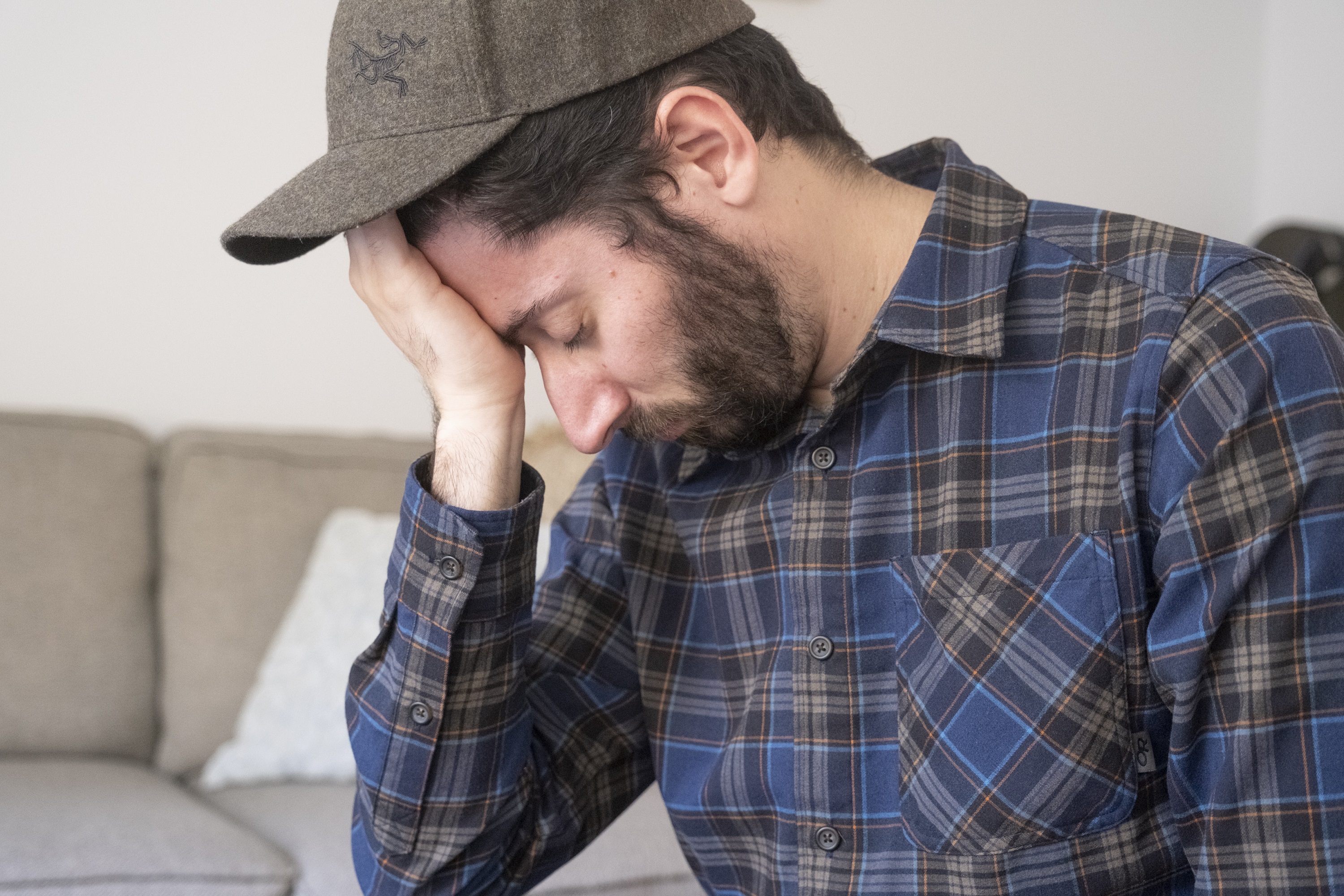

Sleep is vital to our overall health. It allows our minds and bodies to recharge and refresh. Without enough sleep, our brains don’t function properly.
But how many hours of sleep do doctors get a night? We asked a few:
“I get five to eight hours of sleep each night, depending on surgery schedules, meetings and emergencies I have to take care of.”
—Roshani Patel, M.D., medical director for Breast Surgery at Jersey Shore University Medical Center
“Six hours is my normal amount of sleep. It allows me plenty of time at the end of the day and before I start the next day.”
—Justin Tsai, M.D., orthopedic surgeon at Hackensack University Medical Center
“I sleep seven hours a night because I just feel better when I do!”
—Ann Pagano, M.D., OBGYN at Ocean University Medical Center
“Over time I have found that seven hours is the sweet spot for me to optimize physical health with my motivations to be maximally productive with my day. We know that getting good sleep can have a significant impact on physical and emotional well-being, so I try to prioritize this as much as my physical activity—though, admittedly, I am not always successful.”
—Nicholas DeNunzio, M.D., Ph.D., radiation oncologist at Hackensack University Medical Center
How Much Sleep Do You Really Need?
Sleep needs vary by age. Here are general guidelines to aim for:
- Adults: 7–9 hours
- Teens: 8–10 hours
- Children: 9–12 hours
If you are experiencing chronic or excessive tiredness, talk with a doctor about your symptoms. They might recommend a sleep study to understand what’s causing your fatigue.
Next Steps & Resources:
- Learn about treatments for sleep disorders
- To make an appointment with a doctor near you, call 800-822-8905 or visit our website.
The material provided through HealthU is intended to be used as general information only and should not replace the advice of your physician. Always consult your physician for individual care.
Find a doctor near me

Can Melatonin Gummies Help Kids Sleep?

When Snoring Is a Sign of a Health Problem

4 Reasons You Might Be Tired Often
